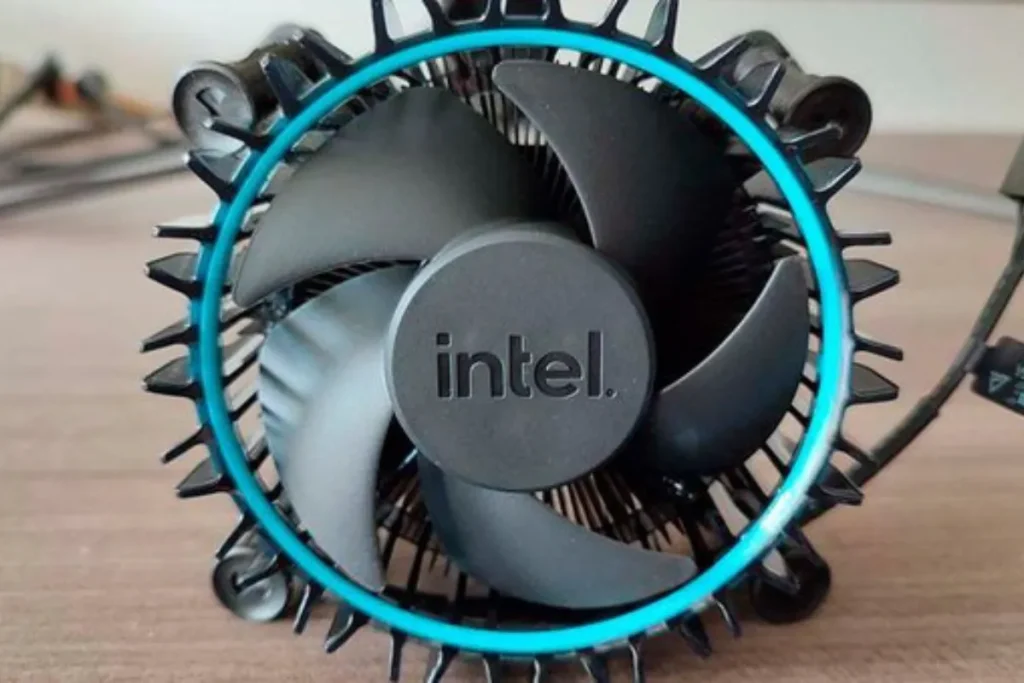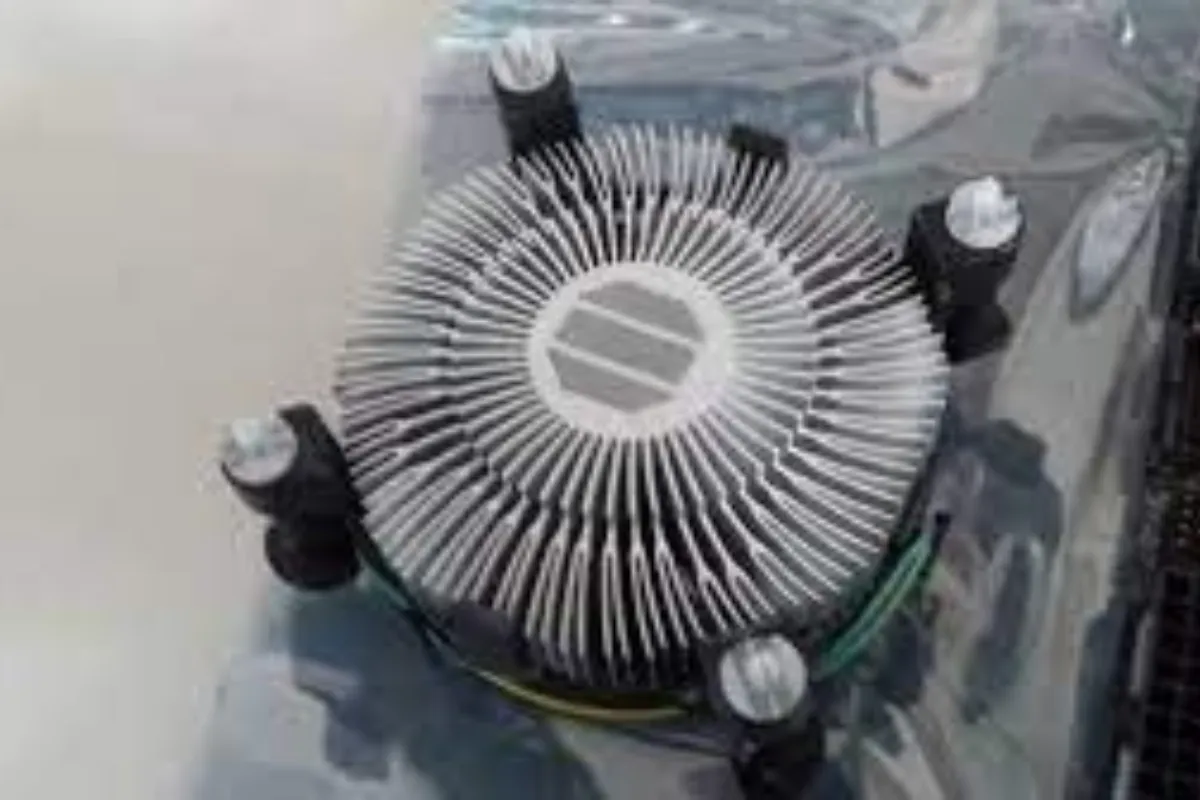Do Intel CPUs come with coolers?
Do Intel CPUs come with coolers? It’s a question that many computer enthusiasts and first-time builders often ask. The answer is not as straightforward as you might think. In this blog post, we’ll delve into the world of Intel CPUs and explore whether they are bundled with coolers or not.
Intel CPUs without bundled coolers
When it comes to purchasing an Intel CPU, you may come across certain models that are sold without bundled coolers. This might leave you wondering why Intel would choose to exclude such an essential component.
Advantages of purchasing Intel CPUs without bundled coolers
- Cost savings: Buying a CPU without a bundled cooler can often be more cost-effective, especially if you already have a compatible cooler or plan to invest in a higher-performance aftermarket cooler.
- Customization: Excluding coolers gives you the freedom to select a cooler that matches your specific cooling needs, whether it’s for overclocking, noise reduction, or aesthetics.
- Higher quality coolers: While bundled coolers can get the job done, they might not always offer the same level of performance or build quality as aftermarket coolers. Opting for a separate cooler allows you to choose from a wider range of high-quality options.
Disadvantages of purchasing Intel CPUs without bundled coolers
- Added cost: If you don’t already have a compatible cooler or plan on purchasing one separately, buying a CPU without a bundled cooler can increase your overall expenses.
- Installation complexity: Installing an aftermarket cooler requires some technical knowledge and can be more time-consuming compared to using a bundled cooler.
- Compatibility concerns: Choosing a separate cooler means you need to ensure it is compatible with your specific CPU socket and motherboard.
Recommendations for aftermarket coolers
When selecting an aftermarket cooler for your Intel CPU, consider reputable brands like Cooler Master, Noctua, or Corsair. Look for coolers that are compatible with your CPU socket, offer efficient cooling performance, and fit within your budget. It’s also worth considering factors like noise levels, ease of installation, and warranty coverage.
Intel CPUs without bundled coolers

When it comes to purchasing an Intel CPU, you may come across certain models that are sold without bundled coolers. This might leave you wondering why Intel would choose to exclude such an essential component.
Advantages of purchasing Intel CPUs without bundled coolers
- Cost savings: Buying a CPU without a bundled cooler can often be more cost-effective, especially if you already have a compatible cooler or plan to invest in a higher-performance aftermarket cooler.
- Customization: Excluding coolers gives you the freedom to select a cooler that matches your specific cooling needs, whether it’s for overclocking, noise reduction, or aesthetics.
- Higher quality coolers: While bundled coolers can get the job done, they might not always offer the same level of performance or build quality as aftermarket coolers. Opting for a separate cooler allows you to choose from a wider range of high-quality options.
Disadvantages of purchasing Intel CPUs without bundled coolers
- Added cost: If you don’t already have a compatible cooler or plan on purchasing one separately, buying a CPU without a bundled cooler can increase your overall expenses.
- Installation complexity: Installing an aftermarket cooler requires some technical knowledge and can be more time-consuming compared to using a bundled cooler.
- Compatibility concerns: Choosing a separate cooler means you need to ensure it is compatible with your specific CPU socket and motherboard.
Suitable for Intel CPUs without bundled coolers
When selecting an aftermarket cooler for your Intel CPU, consider reputable brands like Cooler Master, Noctua, or Corsair. Look for coolers that are compatible with your CPU socket, offer efficient cooling performance, and fit within your budget. It’s also worth considering factors like noise levels, ease of installation, and warranty coverage.
Frequently Asked Questions
1. What happens if I don’t use a proper cooler for my Intel CPU?
Inadequate cooling can lead to higher CPU temperatures, causing performance throttling, decreased system stability, and potential damage to the processor over time.
2. What factors should I consider when selecting a CPU cooler for my Intel CPU?
Consider the CPU’s thermal design power (TDP), socket compatibility, available space in your PC case, cooling performance, noise levels, and your specific cooling requirements.
3. Which popular aftermarket CPU cooler brands offer models compatible with Intel CPUs?
Reputable brands like Cooler Master, Noctua, Corsair, Be Quiet!, and NZXT offer a wide range of CPU coolers compatible with Intel CPUs.
4. How does the choice of CPU cooler impact the lifespan of my Intel CPU?
Proper cooling helps maintain lower CPU temperatures, reducing the strain on the processor and prolonging its lifespan. Inadequate cooling can lead to accelerated degradation and potentially premature failure.
5. I’m confused about which CPU cooler to choose for my Intel CPU. Can you recommend any specific models?
Sure! Some popular CPU cooler models for Intel CPUs include the Cooler Master Hyper 212 Evo, Noctua NH-D15, and Corsair H100i RGB Platinum, be quiet! Dark Rock Pro 4, and NZXT Kraken X63.
Conclusion
It is important to note that not all Intel CPUs come with bundled coolers. While this may seem like an inconvenience to some, it actually offers benefits such as cost savings and customization options. By choosing the right aftermarket cooler, you can ensure optimal cooling performance for your Intel CPU, maximizing its lifespan and overall performance.
